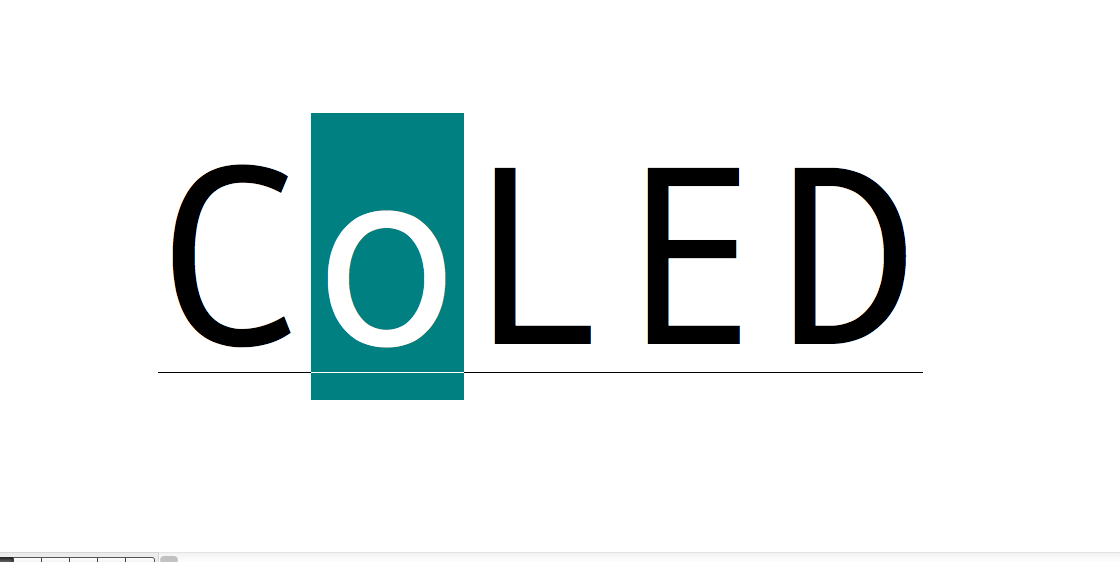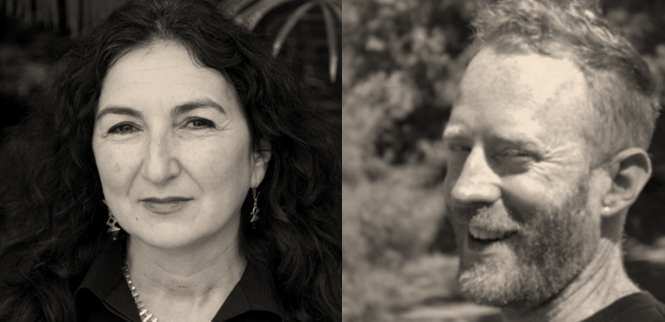It is with great pleasure that we inaugurate this website and launch the University of California’s Collaboratory for Ethnographic Design (CoLED). Housed at UC San Diego, CoLED currently brings together six UC campuses including Irvine, LA, Berkeley, Davis and UC Santa Cruz in a collaborative network to examine the practices and possibilities of ethnography. This burgeoning network of UC faculty and students is dedicated to pushing the boundaries, methods, and objects of ethnographic inquiry, and strengthening both our own research and our network in the process. In the long term, we aspire to establish the University of California as a premier site globally for innovation in ethnographic practice.
The University of California is already home to a wide variety of researchers who are actively concerned with the transforming terrain on which ethnographic research is conducted, the ever-expanding objects of inquiry, new modes of collaboration between researchers, and between researchers and their subjects, and novel forms of ethnographic communication. With CoLED, we seek to connect such scholars – who are working in such diverse fields as anthropology, sociology, communication, visual arts, literature, political science, and more – as a means of rendering our research more robust, opening it to challenge and collaborative innovation, and strengthening the training of students at the graduate and undergraduate levels.
We conceive the collaboratory as a hub for developing and sharing strategies for modifying this long-standing methodology to address the changing contexts in which we work and issues of contemporary concern such as water usage, food provision and interspecies relations, decaying and new urban infrastructures, global financial markets, digital socialities, the production and auditory consumption of music, and the “gamification” of education.
Over the next two years, CoLED participants will gather for regular workshops to brainstorm about all parts of the ethnographic research process In this way, the “collaboratory” in our name is an acknowledgement of the group labor that goes into producing any ethnographic project, whether it is explicitly framed as collaborative or not. Our scholarly collaboration is animated by a number of pressing questions. How do we establish a context for making the results of our research intelligible? What audiences, inside and outside of academia, do we address? What forms of documentation and modes of presentation are available to us as means of sharing and consolidating those results? How might those forms open new possibilities for ethnography as a research discipline that traditionally privileges written expression? How do we create enduring havens for ethnographic research within institutions increasingly dominated by the abstraction of “big data”?
The CoLED workshops will culminate in a public conference drawing in scholars from various institutions in the United States and abroad, to both share the insights of CoLED with a wider public, and to establish connections with other similar centers and programs across the globe.
The shape and context of CoLED is, to some extent, a work in progress, to be sculpted by the faculty and graduate students involved in its development over the next two years. We have had the good fortune of securing a two year grant from the Office of the President’s Multicampus Research Initiative that allows us to fund these workshops and the conference, as well as to support and mentor a postdoc and several graduate student researchers.
The future of CoLED is, we think, an exciting one, and it is with great enthusiasm that we launch this website. We look forward to future collaborations with you all!
Sincerely,
Dr. Elana Zilberg
Principal Investigator
UC San Diego Department of Communication
Dr. Joseph Hankins
Co-Principal Investigator
UC San Diego Department of Anthropology

